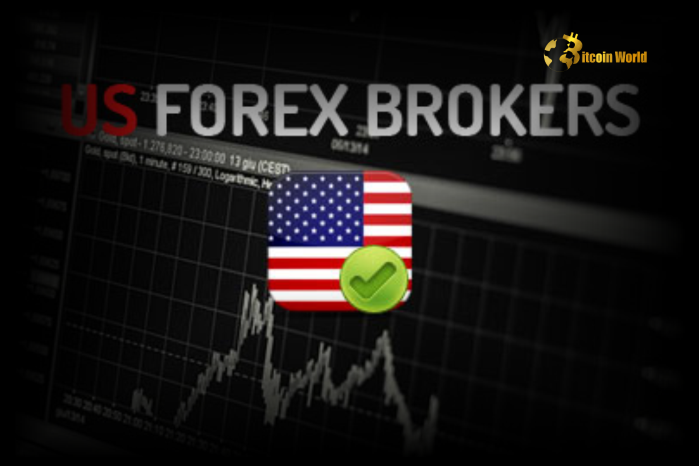A Beginner’s Guide to Forex Trading in America
A Beginner’s Guide to Forex Trading in America
Blog Article
Forex Trading Trends and Opportunities in the US
Foreign exchange, or Forex trading, pulls countless members in the United Claims every year. Its utter size and liquidity ensure it is one of the very appealing areas globally. Nevertheless, forex in america. takes a unique and strict approach to regulating Forex activities. If you're trying to deal currencies or simply just desire to know the way appropriate frameworks shape the Forex market, understanding these rules is crucial.

Important Legitimate Frameworks Surrounding Forex in the US
Forex regulation in the United States stands apart because thorough risk regulates and client protections. Two leading government figures oversee most Forex activities:
• Item Futures Trading Commission (CFTC)
• National Futures Association (NFA)
The CFTC, made in 1974, is tasked with regulating the futures and choices areas, international exchange included. The NFA, as a self-regulatory company, performs carefully with the CFTC to enforce rules and maintain equity in trading practices.
Registration and Conformity
Every Forex seller or broker employing U.S. citizens must register with both the CFTC and NFA. These entities will also be needed to stick to arduous functional criteria, including:
• Minimal web capital demands (often greater than in other countries)
• Continuous audits
• Powerful anti-money laundering (AML) policies
• Clear chance disclosure
Violations may cause substantial fines or a permanent ban from the market. This regulatory structure seeks to stop scam, defend investors, and increase industry integrity.
Significant Restrictions on Forex Actions
Foundational defenses influence how Forex works in the U.S.:
• Influence restricts: The NFA pieces a optimum power of 50:1 for important currency sets and 20:1 for minors. This is far below many global areas, supporting protect unskilled traders from significant losses.
• Segregation of resources: U.S. legislation needs that customer funds are kept separate from broker functional funds. This evaluate safeguards traders in the event a broker becomes insolvent.
• Advertising and disclosure: Firms should clearly describe risks, expenses, and trading systems to clients. Misleading or extreme solicitation techniques experience strict penalties.
Enforcement and Penalties
U.S. agencies regularly monitor for fraudulent schemes, insider trading, and illicit market manipulation. Statistical data from enforcement studies shows a regular structure of penalties and settlements recently, featuring continuing vigilance. That environment, while stricter than most elements of the entire world, generates a better playing subject for retail and institutional traders alike.
Things to Contemplate as a US Forex Trader
New styles reveal a continuous rise in regulatory activities, a focus on customer education, and constant revisions to compliance requirements. If you plan to deal Forex in the U.S., it's necessary to:
• Ensure a broker's effective subscription status
• Stay up-to-date with regulatory improvements
• Evaluation chance disclosures before generally making trades
This method minimizes unforeseen losses and improves your prospects in a tightly managed but effective marketplace. By knowledge appropriate rules, U.S. traders can confidently be involved in the Forex industry while keeping within the parameters of the law.
Report this page